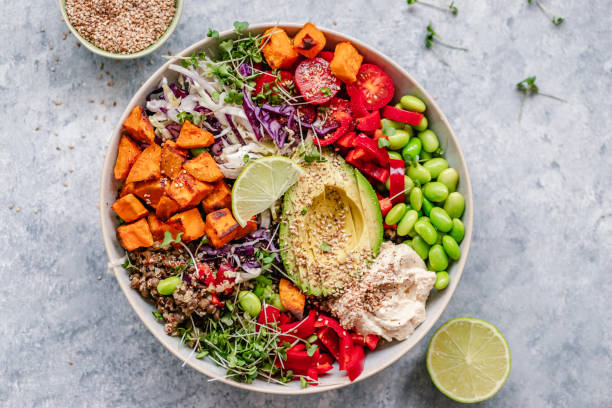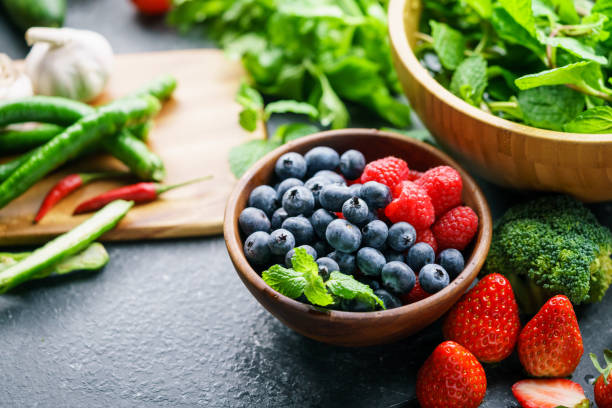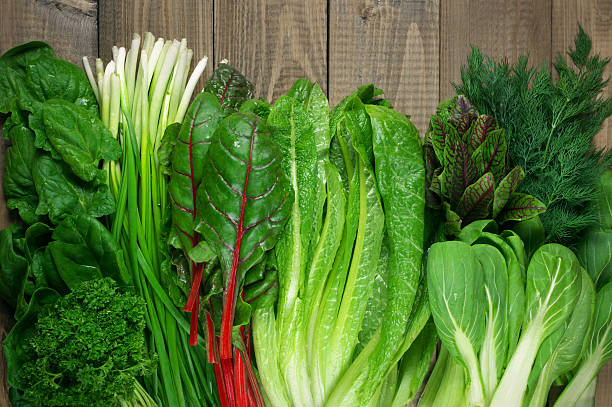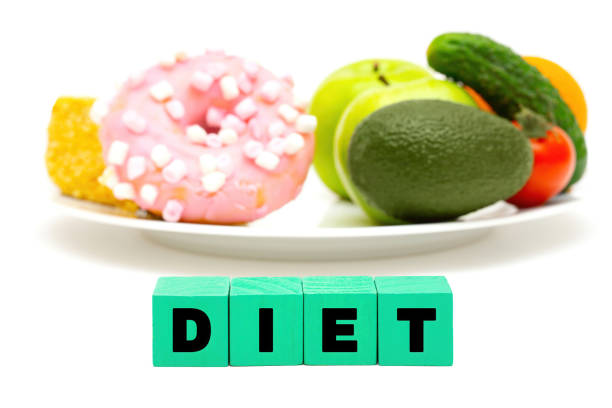Plant-based Eating for a Healthier Body and Mind
This post contains affiliate links. I may earn a commission at no extra cost to you if you make a purchase. Note that I’m not a health or outdoor safety professional, so further research is advised. Your support keeps Outdoors A-Z running—thank you! Read the full disclosure.. Read the full disclosure here.
In recent years, plant-based eating has gained immense popularity as people have started recognizing the benefits it offers. Plant-based eating is a diet that focuses on whole, plant-based foods such as fruits, vegetables, legumes, whole grains, and nuts, and avoids animal products such as meat, dairy, and eggs. This type of eating is not only good for the environment but also offers several health benefits.
Table of Contents
Health Benefits of Plant-based Eating

One of the most significant benefits of plant-based eating is weight loss and maintenance. Plant-based foods are lower in calories, which helps in maintaining a healthy weight. Additionally, a plant-based diet is rich in fiber, which helps to keep you full for longer periods and reduces the risk of overeating.
Plant-based eating is also associated with a reduced risk of chronic diseases such as heart disease, diabetes, and certain types of cancers. Several studies have shown that a plant-based diet can help lower blood pressure, cholesterol, and blood sugar levels, thereby reducing the risk of chronic diseases.
Another benefit of plant-based eating is improved digestion and gut health. Plant-based foods are high in fiber and water, which helps in promoting healthy digestion. Additionally, the high fiber content of plant-based foods supports the growth of healthy gut bacteria, which helps in improving overall gut health.
A plant-based diet also provides increased energy and vitality. Plant-based foods are rich in essential nutrients that help in supporting optimal health and well-being. By consuming a diet rich in plant-based foods, you can provide your body with the necessary nutrients it needs to function at its best.
Lastly, plant-based eating can help reduce inflammation in the body. Chronic inflammation has been linked to several diseases such as heart disease, arthritis, and cancer. Plant-based foods are naturally anti-inflammatory and can help in reducing inflammation in the body.
Plant-based Sources of Essential Nutrients

While plant-based eating offers several benefits, it is important to ensure that you are getting all the necessary nutrients from your diet. Here are some essential nutrients and plant-based sources of them:
Protein
Protein is essential for building and repairing tissues in the body. Plant-based sources of protein include legumes, nuts, seeds, tofu, tempeh, and whole grains.
Carbohydrates
Carbohydrates provide the body with energy. Plant-based sources of carbohydrates include fruits, vegetables, legumes, and whole grains.
Fats
Fats are essential for several bodily functions, including hormone production, brain function, and energy storage. Plant-based sources of fats include nuts, seeds, avocados, and plant-based oils such as olive oil.
Vitamins
Plant-based foods are a great source of vitamins. Vitamin C can be found in citrus fruits, strawberries, and kiwi. Vitamin A can be found in sweet potatoes, carrots, and spinach. Vitamin E can be found in nuts, seeds, and avocado.
Minerals
Plant-based foods are also a great source of minerals. Calcium can be found in leafy greens, fortified plant-based milks, and tofu. Iron can be found in lentils, beans, tofu, and spinach. Zinc can be found in pumpkin seeds, beans, and whole grains.
Transitioning to a Plant-based Diet

Transitioning to a plant-based diet can seem daunting, but it doesn’t have to be. Here are some tips to help you make the transition:
Start Slowly
Start by incorporating more plant-based foods into your diet gradually. For example, you can start by adding a serving of fruits or vegetables to your meals.
Experiment with New Foods
Try new plant-based foods to keep your meals interesting and exciting. You can experiment with new fruits, vegetables, grains, and legumes.
Make Substitutions
Substitute animal products with plant-based alternatives. For example, you can replace meat with tofu or beans, or dairy milk with plant-based milk such as almond milk or soy milk.
Find Support
Join a plant-based eating community or find support from friends or family members who are also transitioning to a plant-based diet. This can help keep you motivated and provide helpful tips and advice.
Meal Planning and Recipes for Plant-based Eating

Meal planning is an essential part of a plant-based diet. Here are some basics of meal planning:
Basics of Meal Planning
When meal planning, make sure to include a variety of fruits, vegetables, grains, legumes, and nuts. Aim to include a source of protein, carbohydrates, and fats in each meal.
Easy Plant-based Recipes
Here are some easy plant-based recipes that you can try:
- Chickpea and vegetable stir-fry
- Lentil and vegetable soup
- Sweet potato and black bean tacos
- Vegan chili
Tips for Eating Out
When eating out, look for plant-based options on the menu or ask the server if they can make a plant-based version of a dish. You can also check online for plant-based restaurants in your area.
Addressing Common Concerns and Myths about Plant-based Eating
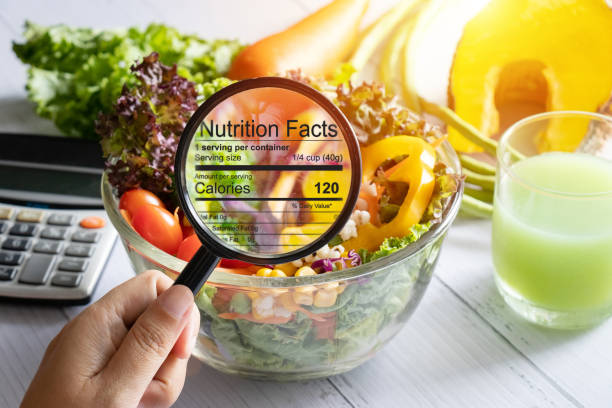
There are several common concerns and myths surrounding plant-based eating. Here are some of them:
Protein Deficiency
It is a common myth that plant-based diets don’t provide enough protein. However, plant-based sources of protein are abundant and can easily meet daily protein requirements.
Iron Deficiency
Iron is an essential mineral that is important for oxygen transport in the body. Plant-based sources of iron include legumes, tofu, spinach, and fortified cereals.
Calcium Deficiency
Calcium is essential for strong bones and teeth. Plant-based sources of calcium include leafy greens, fortified plant-based milk, and tofu.
B12 Deficiency
Vitamin B12 is important for nerve function and the formation of red blood cells. Plant-based sources of B12 are limited, so it’s important to consider taking a supplement or consuming fortified foods.
Plant-based Diets are Bland or Boring
Plant-based diets can be just as flavorful and exciting as any other diet
Here are some tips for making plant-based meals more exciting:
- Experiment with different herbs and spices to add flavor to your meals.
- Try new fruits, vegetables, and grains that you haven’t had before.
- Incorporate different cooking methods such as grilling, roasting, or sautéing to add variety to your meals.
- Look for plant-based recipes online or in cookbooks for inspiration.
Final Thoughts
Plant-based eating can have numerous health benefits for both the body and mind. By incorporating more plant-based foods into your diet, you can increase your intake of vitamins, minerals, and fiber while reducing your risk of chronic diseases. With the tips provided in this article, you can easily transition to a plant-based diet and enjoy delicious, nutritious meals.
FAQs
Is a plant-based diet suitable for everyone?
- Yes, a plant-based diet can be suitable for everyone as long as it is properly planned and meets your nutritional needs.
Can I get enough protein on a plant-based diet?
- Yes, plant-based sources of protein are abundant and can easily meet daily protein requirements.
What if I don’t like vegetables?
- There are plenty of plant-based foods besides vegetables, such as grains, legumes, nuts, and fruits, that can provide important nutrients for your body.
Is a plant-based diet expensive?
- Not necessarily. Plant-based proteins such as beans, lentils, and tofu can be very affordable, and seasonal produce can be less expensive than out-of-season fruits and vegetables.
How do I know if I’m getting enough nutrients on a plant-based diet?
- It’s important to plan your meals carefully and ensure that you are getting a variety of nutrients from different sources. Consider working with a registered dietitian to ensure that your diet is balanced and meets your nutritional needs.

